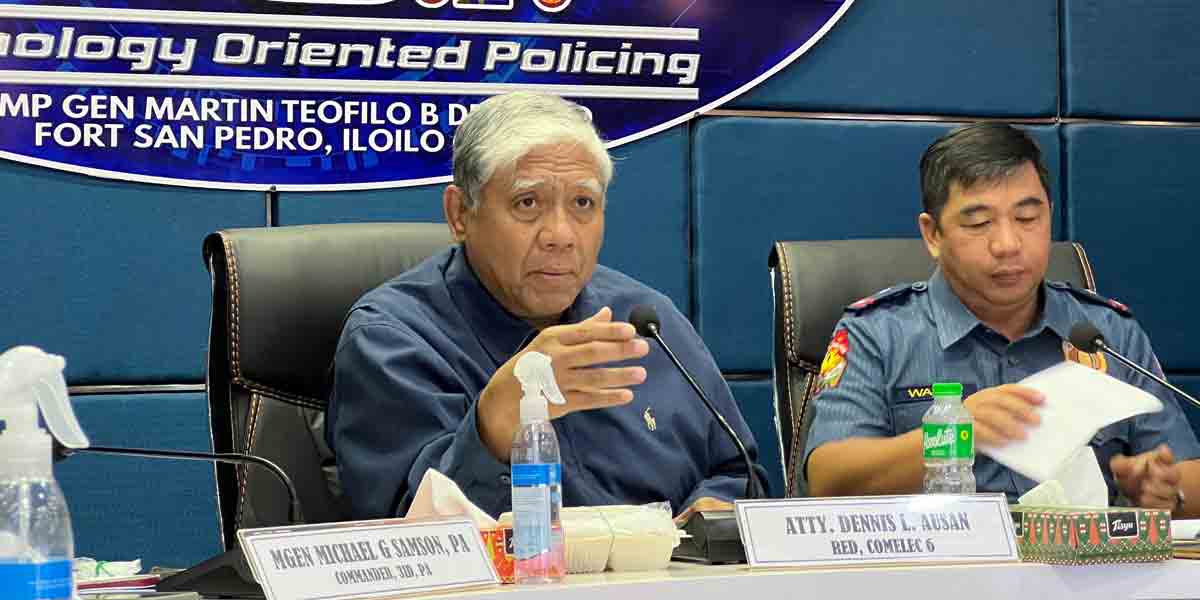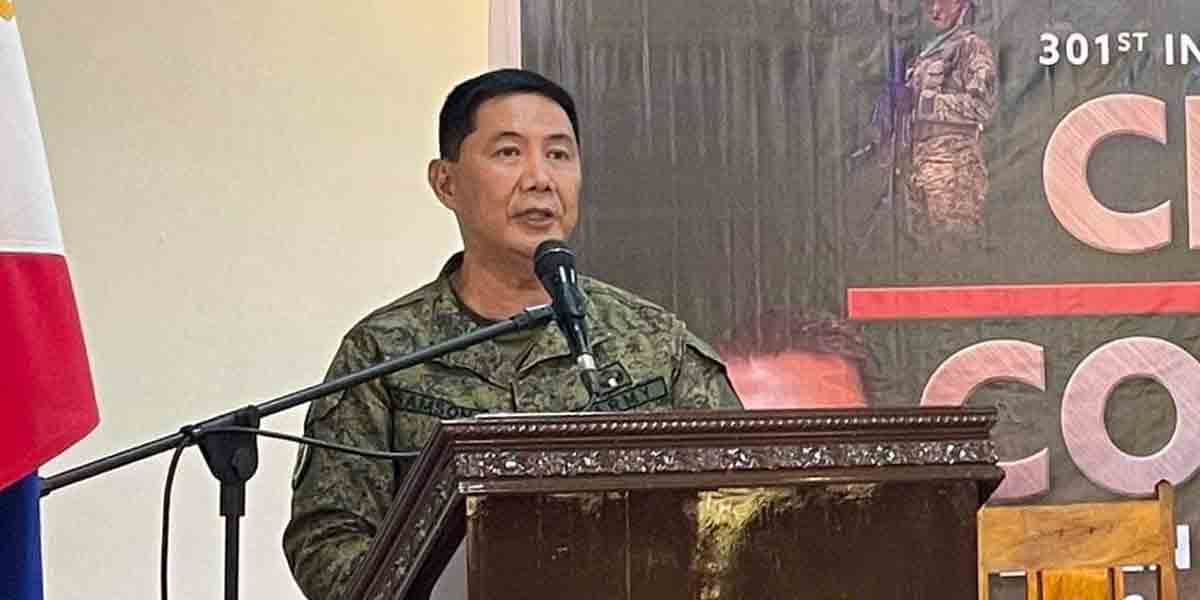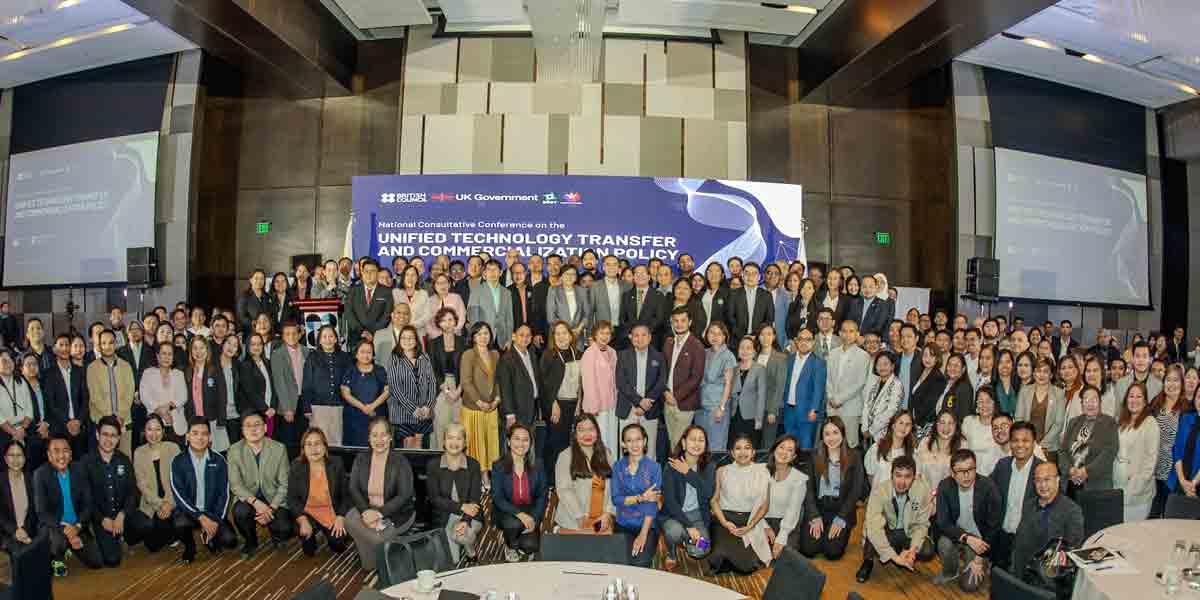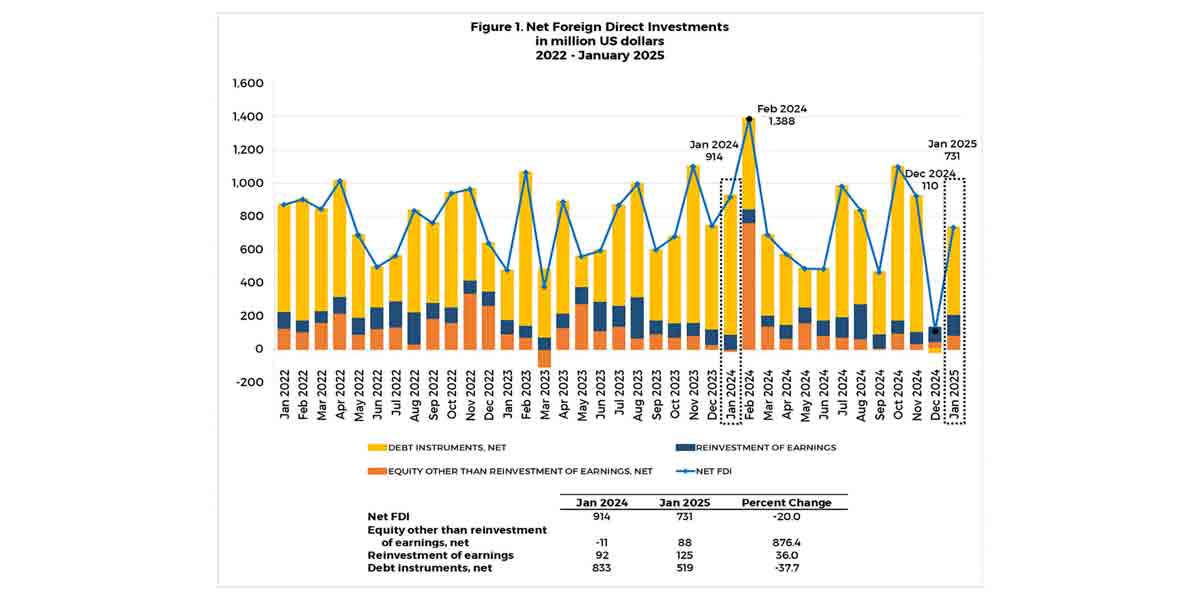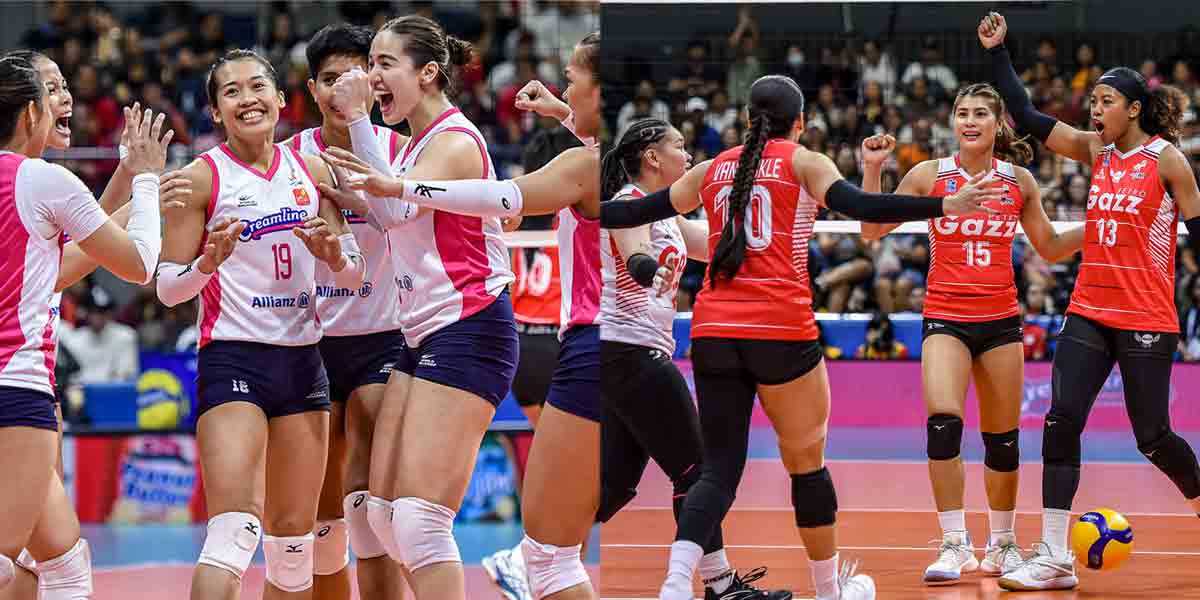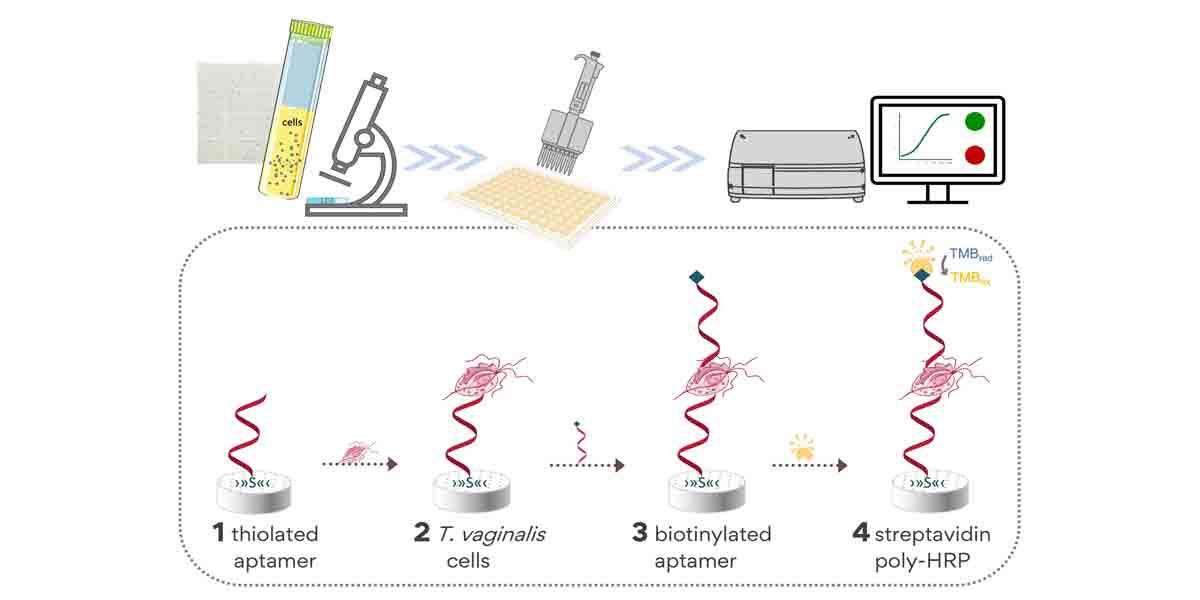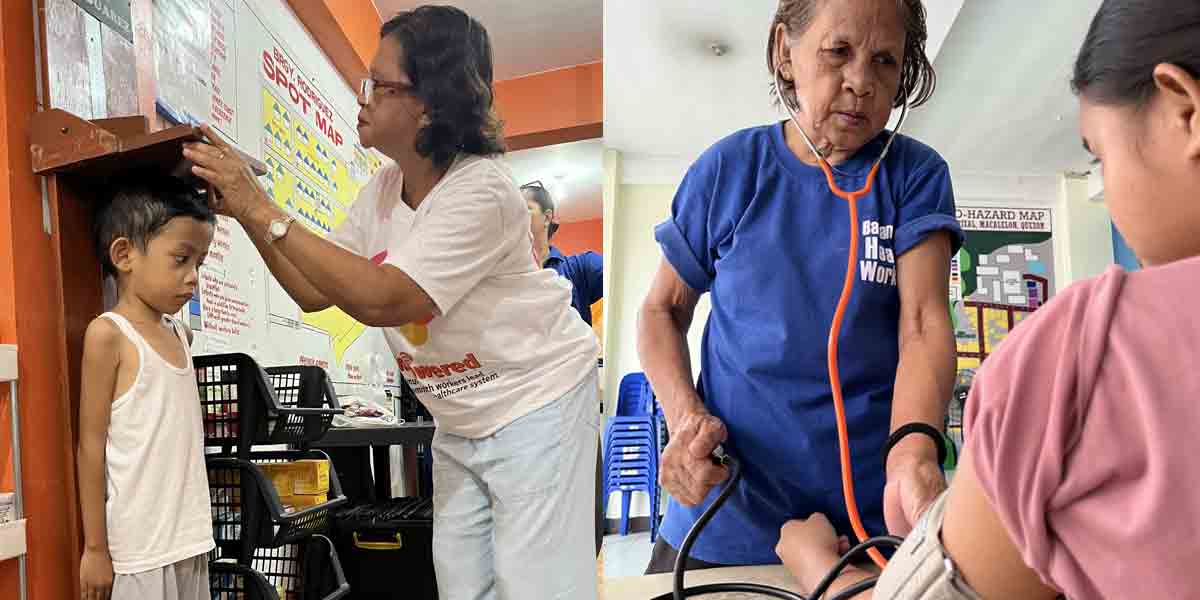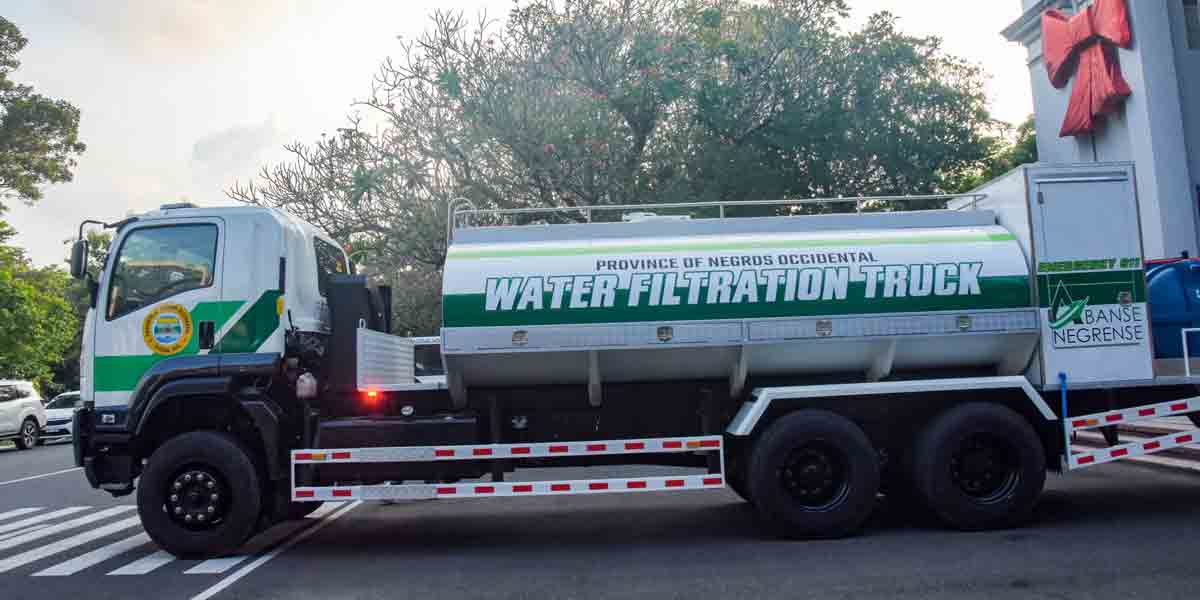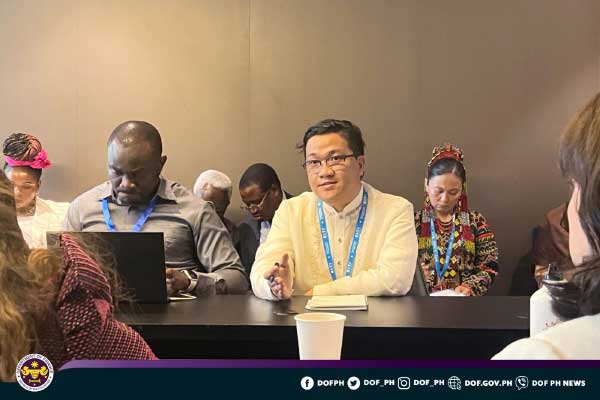
Department of Finance (DOF) Undersecretary and Philippine Extractive Industries Transparency Initiative (PH-EITI) Chairperson Maria Cielo D. Magno led the PH-EITI delegation during the launch of the 2023 EITI Standard at the 2023 EITI Global Conference from June 12 to 15, 2023 in Dakar, Senegal.
Almost 1,400 participants from governments, companies, and civil society organizations attended the four-day event.
The 2023 EITI Standard sets forth several new and refined provisions on revenue collection, anti-corruption, and gender, social, and environmental impacts of the extractives sector.
It also includes energy transition as one of its requirements, recognizing the global shift to a low-carbon economy, as well as the importance of critical minerals production.
During the four-day event, Undersecretary Magno was also re-elected for another three (3) years in the EITI Board, representing the government constituency from Asia and the Pacific.
As a representative of the civil society constituency in the EITI Board for the past seven (7) years, Undersecretary Magno has pushed for more robust extractive governance standards on free, prior, and informed consent (FPIC), gender disaggregation of extractives data, social and environmental monitoring, company disclosure of greenhouse gas emissions, and beneficial ownership reporting, among others.
Aside from her re-election to the Board, Undersecretary Magno participated in three panel discussions on strategies and insights on critical minerals and the energy transition, social and environmental impact monitoring, and tax transparency.
She also delivered her closing remarks at the Leadership Forum, where global leaders from governments, companies, and civil society organizations have committed to strengthening transparency in implementing the EITI standards.
“I know that in the next 20 years, the principles of EITI––the spirit of shared leadership between government, civil society, and the private sector, open governance and accountability––will live on. These spirits that are mainstreamed, championed, adopted, owned, and innovated [by EITI’s implementing countries] will become the basis on how we will achieve our shared mission to reverse the resource curse,” Undersecretary Magno said.
As part of the Conference, the PH-EITI delegation also participated in a consultation meeting with the Organisation for Economic Co-operation and Development (OECD) and the Intergovernmental Forum on Mining, Minerals, Metals and Sustainable Development (IGF) to discuss opportunities for international cooperation among critical minerals-producing countries.
Incoming National Coordinator of the PH-EITI Engineer Joshua Miguel Lopez and incoming National Coordinator of Bantay Kita Beverly Besmanos presented potential risks and cooperation points regarding local downstream industry development for critical minerals, just energy transition using critical minerals revenues, and community representation in critical minerals discussions.
The Philippines is an important producer of critical minerals globally, having the fourth largest deposit of copper and cobalt, the fifth largest deposit of nickel, and the sixth largest deposit of chromite.
World Bank (WB) projections of a five-fold increase in global demand for critical minerals such as these could bring about the resurgence of the Philippine mining industry.
The PH-EITI also engaged in a bilateral meeting with EITI Executive Director Mark Robinson leading up to the Philippines’ EITI Validation in January 2024 to discuss the state of civic space in the extractives sector, efforts to improve EITI mainstreaming through an upgraded digital platform, and opportunities to pilot actions on energy transition, artisanal and small-scale mining, and gender.
Next steps
PH-EITI is in the process of subnationalizing the implementation of EITI processes, leveraging ongoing devolution efforts post-Mandanas, and strengthening mechanisms that will allow for a more responsive extractives governance.
In the coming months, the PH-EITI will improve its online mainstreaming systems to integrate data from industry, national government agencies, and local government agencies.
It will also improve data utilization through conducting focus group discussions (FGDs) and trainings with key stakeholders to increase the use of EITI data for participatory planning and budgeting, social and environmental monitoring, and policymaking.
On top of this, feedback and grievance mechanisms will also be established to address mining-related issues and inform multi-stakeholder actions moving forward.
As presented by PH-EITI Outgoing National Coordinator Atty. Manuel Rodriguez II during the conference’s Innovation Talks, the effort to subnationalize EITI implementation aims to support the Philippine government’s thrust to develop downstream industries of the mining sector, implement an appropriate mining tax regime, deepen participatory governance, and enhance ecosystem resilience.
Director Agustus Cesar A. Navarro, Anselmo M. Pascua, Jr., and Dan Emmanuel M. Montealegre from the Department of Energy (DOE); Professor Ladylyn L. Mangada from the University of the Philippines-Tacloban; and Jaybee Garganera from Bantay Kita-Publish What You Pay (PWYP) Philippines were also part of the PH-EITI delegation.
The 2023 EITI Global Conference marks the 20th anniversary of the EITI, a multistakeholder initiative that promotes global standards for transparency and accountability in the oil, gas, and mining sectors. The Multi-Stakeholder Group (MSG) – the body that governs EITI implementation in the country – is chaired by the DOF and is composed of representatives from government, industry, and civil society.


